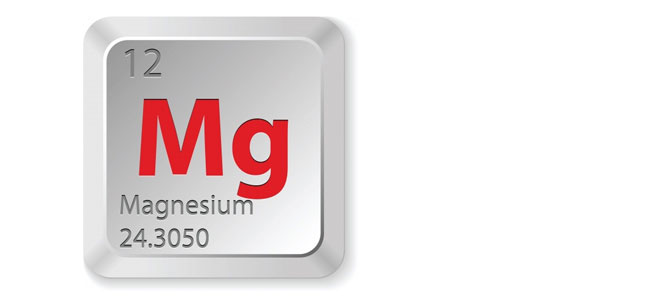Low magnesium levels are associated with lowered testosterone, thus magnesium supplementation has been shown to increase testosterone to normal ranges.
Active populations seem to have to highest rates of magnesium deficiency, possibly due to the amount lost in sweat during training and magnesium requirements to create energy and muscular contraction. 200-400mg of elemental magnesium are good levels, however labeling on products makes it very hard to understand how much elemental magnesium is actually present.
There are various magnesium supplements available, some with better absorption than others. Some of the good magnesiums include citrate, glycinate and gluconate, with gluconate absorption best during a meal. There are a variety of good magnesium’s out there, they crucial point is getting the right level of elemental magnesium.
I will often have my clients perform Epsom salt baths as well to help correct low magnesium levels. This allows for magnesium absorption transdermally through the skin.
Good Food Sources of magnesium include:
- Spinach
- Broccoli
- Almonds
- Cashews
- Halibut
- Kale
- Celery
- Green beans
- Cucumber
Signs of magnesium insufficiency
- Muscle cramps, especially calves and feet
- Uncontrollable eye twitching or muscle spasms
- Poor Sleep
- Constipation
- Restless legs
- Poor blood sugar management
Contact Steve Grant Health
To learn more out how Steve Grant Health can assist you on your journey, please fill out the enquiry form below.
Please note that depending on your specific circumstances and goals, Steve may recommend that you work with one of the specialist practitioners within his network of trusted professionals.
If you have been referred by a clinician, please complete the form and ensure that you state who has referred you or have your practitioner email Steve direct to make a referral that way.
Click the button below to open the client enquiry form:
[widgetkit id=”643″]


